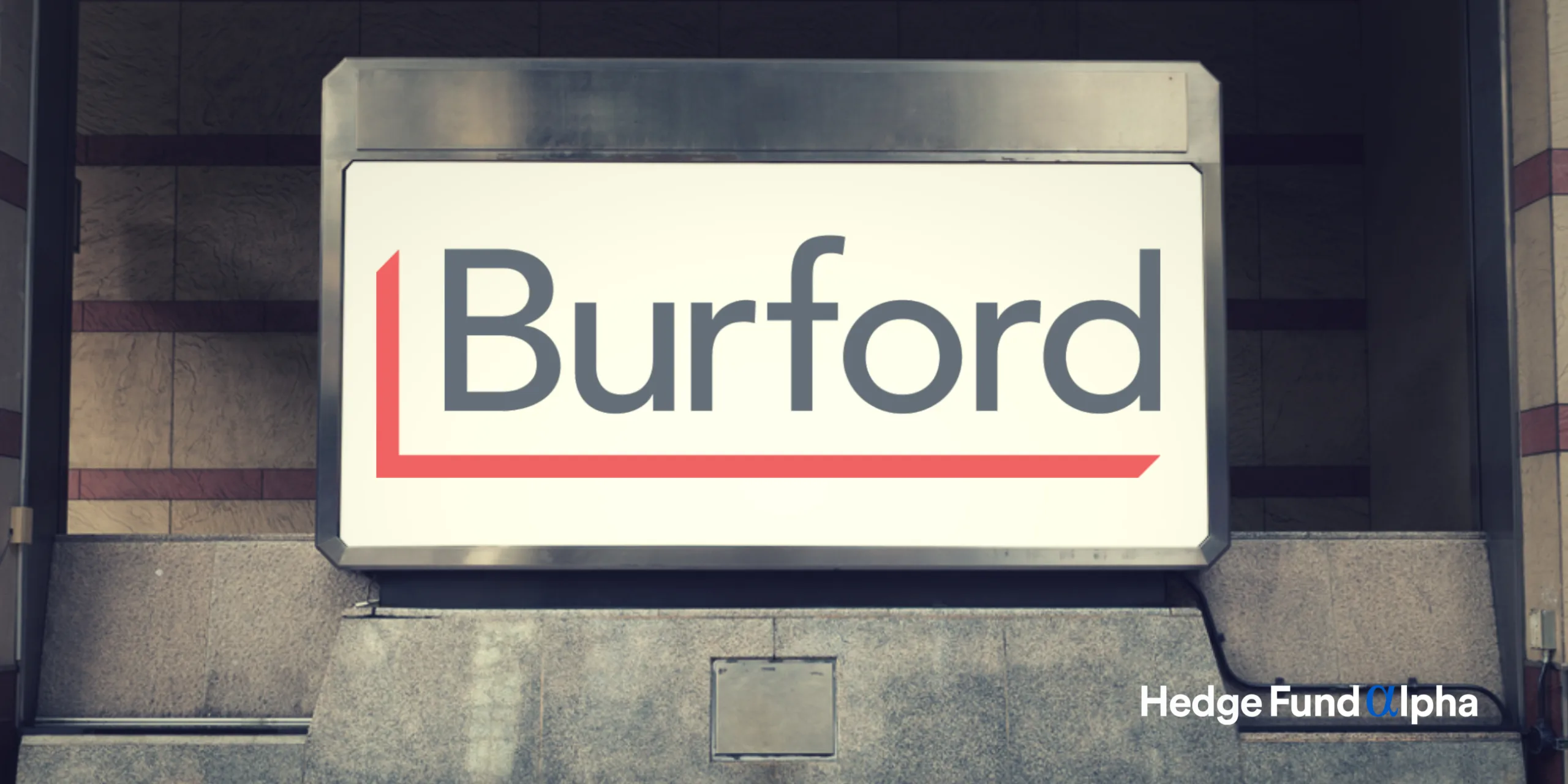The following is an excerpt of Hedge Fund Alpha's interview with City Different Investments' Connor Browne and Rob MacDonald from the Q1 2024 issue of Hidden Value Stocks.
Connor Browne and Rob MacDonald are two of the co-founders of City Different Investments. Both serve as portfolio managers, and Browne runs the firm. Before launching City Different in 2021, Browne and MacDonald worked closely on domestic equity strategies at Thornburg Investment Management.
After discovering how well their strategies complement each other and how their philosophies and approaches are aligned, they left Thornburg to start their own firm. Located in Santa Fe, New Mexico, which is known as “the city different,” City Different Investments honors the creative, diverse mountain town that brought Browne and MacDonald together.
They started City Different Investments because they believed there was a better way to run an investment management firm.
Long thesis for Burford Capital
City Different’s Rob MacDonald highlighted Burford Capital (LON:BUR) (NYSE:BUR), with a market capitalization of £2.56 billion. Burford, which some of our readers might be familiar with, is an interesting combination of asset management with litigation.
Q: Please tell us about Burford’s unusual business model.
A: Burford Capital is a niche asset manager investing in litigation claims. For example, if a large tech company infringed on a startup’s IP, the smaller company wouldn’t have the means to sue the larger company. Burford would pay the legal expenses for the smaller company in exchange for a percent of the payout if the case is won. If they lose the case, Burford would lose the money it spent on the case.
Q: What drew your attention to this particular idea? I understand it’s a popular idea in value circles.
A: We have had a lot of success over the years investing in the U.S. alternative asset managers, companies like Blackstone (NYSE:BX) and Apollo Global (NYSE:APO). After these businesses went public, investors were uncertain how to value them due to their complexity, and we see a similar situation with Burford now.
Q: What barriers to entry do you see for Burford’s industry?
A: There are a few barriers to entry that make this a good business:
- Legal and financial expertise: Legal expertise paired with investing capabilities is necessary to be successful in litigation finance. Burford has some of the lead talent in the industry.
- Scale: Burford will invest hundreds of millions of dollars in a case with an uncertain outcome. A lot of capital is needed for such a large investment to be a small part of a diversified portfolio of investments. Burford is the largest litigation finance company in the industry by far.
Q: Please outline your bull thesis for Burford.
A: Burford is a great business, generating tons of cash, with high barriers and lots of opportunities for continued growth. The stock trades at a discount because investors doubt the cash-generating ability of the business model. We think events over the coming years should shed light on the value of the business.
First, the backlog of court cases is already starting to pick back up again. As cash flow is generated, Burford will demonstrate its underlying value. This should quell doubts about the complicated accounting and lumpy investment returns.
An interesting aspect about litigation finance is that downside is limited to the money invested in the case, but upside can sometimes be very large.
I will talk about one specific case below, YPF, but others are possible (though probably not of this magnitude).
Q: Is Burford definitely going to get paid something from the YPF case?
A: Argentina owes Burford roughly $6 billion dollars. There is uncertainty about how much will be collected. Ideally, the two parties could agree on a settlement, with Argentina paying Burford some reasonable percentage of the $6 billion.
Alternatively, Burford could take enforcement action — seizing some of Argentina’s assets that are outside of the country, forcing Argentina to the negotiating table. It seems likely that Burford will get paid something from the YPF case, but the range of outcomes is still rather large.
Q: What risks do you see for the company, and why do you think the risk/ reward profile is skewed in favor of the rewards?
A: First would be if they are unable to collect money from Argentina in the YPF case. Second, if litigation finance gets more competitive with more capital entering, investment returns could decline.
As capital enters, competition would force Burford to give a larger percentage of litigation win to clients. In this case, returns on capital and earnings would decline.
We like the risk/reward profile of this investment. While the YPF case has a wide range of outcomes, the value of the base business limits downside in the most bearish scenario.
Subscribe to Hidden Value Stocks to read the full interview.

